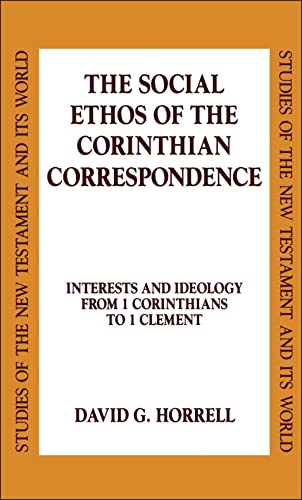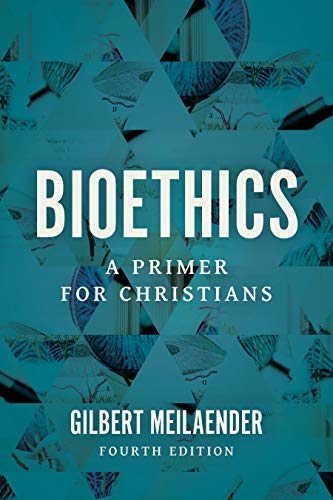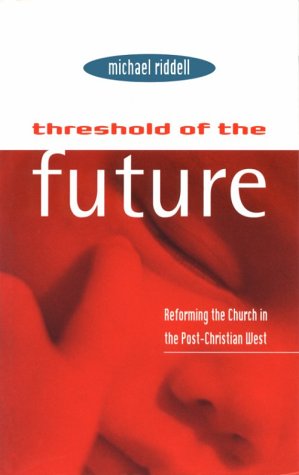Constructive Christian Theology in the Worldwide Church
Written by William R. Barr (ed.) Reviewed By W. David J. McKayAs the editor, who is Professor of Theology at Lexington Theological Seminary in Kentucky, states in his Preface: ‘This symposium/ anthology is an attempt to give a more inclusive account of the contributions Christians from various parts of the world are making to theological understanding in our time.’ (p. xi). In pursuit of this goal, Barr has assembled not only academic essays but also songs, stories and accounts or rituals, all reflecting the diverse ways in which theology is currently ‘done’ in the worldwide church. The range of contributors is impressive, with among others, Orthodox, Roman Catholics, Evangelicals and Liberal Protestants presenting their various points of view. Most are either theological teachers or missionaries, and although the USA is by far the predominant force, there are representatives from China, South America, Europe, the South Pacific, India, Hong Kong, Nigeria and South Africa. Few could quibble with the wide range of Barr’s selection.
The book is divided into 6 sections, broadly following the traditional divisions of systematic theology; Constructing Theology from Diverse Perspectives, Enlarging our Understanding of God, Humanity within the Fabric of Creation, The Significance of Jesus Christ, The Church and the Christian Life, Christian Hope.
The format followed in each section is the same—a brief introduction to the subject, between five and seven essays of varying length, then an extensive bibliography entitled ‘Some Further Contribution to the Discussion’. Like the selection of contributors, the bibliographies are representative of a wide range of points of view. It should be borne in mind that all the essays have previously been published elsewhere, usually in academic journals, and even though they address various issues within the subject of their section, they do not in any sense interact with each other and so do not constitute a ‘discussion’.
The seven essays in the first section, Constructing Theology from Diverse Perspectives, provide a fair sample of the kind of material assembles in this anthology. The first piece, entitled ‘Divine Revelation: Intervention or Self-Communication?’ by Roman Catholic theologian Frans Josef van Beeck, analyses interpersonal communication as dynamic encounter and interaction, in order to provide insights into the concept of revelation as God’s personal self-communication. These supplement traditional views of revelation as content (ideas and proposition). In subsequent essays Carol Christ provides some basic insights into feminist theological method in terms of ‘embodied thinking’; John May from a conservative evangelical viewpoint argues that revelation thought of as the conveying of objective knowledge of God underlies the volitional and relational aspects of faith; Orthodox theologian Verna Harrison draws on iconography to make comparisons between artistic and conceptual modes of expression. The last three essays broach the issue of contextualisation, Romney Moseley from a Caribbean perspective, Kan Baoping from a Chinese background, and Harvey Conn, who sounds some necessary warning notes, from a North American Reformed perspective shaped also by missionary experience in South Korea.
At the level of providing an introduction to the wide variety of theology currently being pursued in the worldwide Church, both for theological students and also for readers with some background in theology, this book should prove very serviceable. The essays are well chosen and ample encouragement to read more widely is provided. The title of the book, however, speaks of ‘constructive theology’ and at this level more problems arise.
What exactly is to be constructed and how may it be constructed from such a diversity of pieces? In an introductory essay entitled ‘Re-forming Theology in the Global Conversation’ Barr argues that ‘Today and in the years ahead Christian theology will need to be developed through interaction and conversation among Christians around the world, and with those of other persuasions in the world community’. Few would disagree with at least the first part of this statement, but how it may be carried out, given the diversity of starting points and authority-sources used, is highly problematical. As Barr points out, a theology rooted in a particular context implants the gospel more deeply in the hearts of people, and he is well aware at the same time of the dangers of cultural captivity and provincialism. He wishes to avoid the relativism which accepts all options and is unable to make any initial judgements, but it would seem that until the issues of the source and norms of theology have been addressed and some measure of agreement found, the way ahead is unclear. The theologians in this book, who of course cannot represent all the options currently on offer, are at many points moving in very different directions. It would be difficult not to conclude that we have assembled here pieces from several different jigsaws which can never be fitted into a single coherent picture. It may well be that that situation has to be accepted as unavoidable. A close reading of ‘Constructive Theology’ will allow the reader to come to his or her own conclusions.
W. David J. McKay
Reformed Theological College, Belfast







